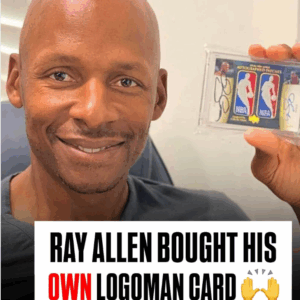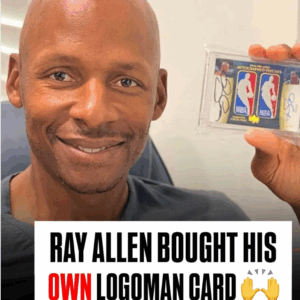In a twist that sounds more like the plot of a sports drama than real life, Ippei Mizuhara — known primarily as the linguistic bridge for Japanese baseball phenom Shohei Ohtani — finds himself at the center of a federal investigation fraught with accusations of deceit and lavish misappropriations. Mizuhara, who has been more than just a voice for Ohtani, handling day-to-day operations and management, is charged with bank fraud for supposedly siphoning off over $16 million from Ohtani’s accounts. These funds weren’t used for mundane day-to-day expenses; rather, they fueled a purportedly high-stakes gambling habit and bankrolled an extensive collection of baseball cards.
The federal prosecutors’ 37-page complaint spells out a saga of betrayal where Mizuhara allegedly used the alias “Jay Min” to funnel Ohtani’s millions into his shadowy dealings. His shopping spree on platforms like eBay and Whatnot wasn’t for souvenirs but an astonishing cache of about 1,000 baseball cards, averaging an outlay of $325 per card. The purchases weren’t even mailed to his home but were directed to an unsuspecting clubhouse employee at the Dodgers, pointing to a meticulously planned operation to keep his activities under wraps.
Authorities following the breadcrumb trail discovered more than just paperwork; notable baseball cards, including those of Juan Soto and Yogi Berra, and even cards of Ohtani himself were uncovered in Mizuhara’s vehicle, all snugly stored in protective cases meant for collectors. These are not just pieces of printed cardboard but potentially valuable assets that Mizuhara allegedly hoped to sell off to the highest bidder, a delayed payoff for his clandestine investments.
The investigation paints a picture of Mizuhara not just as a schemer but as a gambler who played with high stakes. His betting records are as mind-boggling as they are distressing, with some 19,000 wagers tallying a net loss of a staggering $40.7 million. Interestingly, none of his betting escapades involved Major League Baseball, a small relief in an otherwise damning profile.
The unraveling of Mizuhara’s dual life began innocuously enough when he aided a U.S.-unacquainted Ohtani in setting up a bank account back in 2018. This seemingly benign act was the inception of what would become a gross misuse of trust, as Mizuhara reportedly orchestrated financial transactions without Ohtani’s consent or knowledge, going so far as to impersonate Ohtani to authorize wire transfers to affiliates of his gambling circles.
This case, as outlined by U.S. Attorney Martin Estrada, showcases a profound breach of trust, emphasizing how Mizuhara exploited his proximity to Ohtani for his personal gain. Meanwhile, Ohtani, who has cooperated with law enforcement from the start, remains an unwitting victim in this convoluted scheme, blindsided by the fraudulent acts of someone he had trusted implicitly.
As the legal machinations grind on, and Mizuhara prepares for his upcoming initial court appearance in downtown Los Angeles, the sports world watches closely. The scandal serves as a cautionary tale about the vulnerability of foreign athletes in the U.S. and the potential pitfalls of misplacing trust in those tasked with helping them navigate their new surroundings. For Ohtani, it’s a stark reminder that off-the-field challenges can be just as formidable as those on the field. As this case progresses, it will undoubtedly shed further light on the complexities and dangers lurking in the business of sports.






